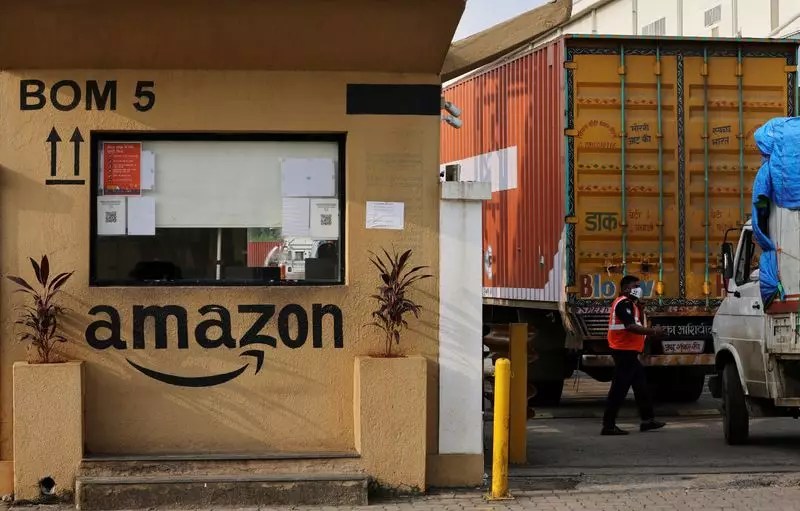In a significant move reflecting the intensifying regulatory environment for e-commerce in India, the country’s financial crime agency has announced plans to summon executives from major players, including Flipkart and Amazon. This decision follows a series of recent raids on sellers operating under these platforms, which are believed to have violated foreign investment laws. This increased scrutiny indicates a strengthening resolve by Indian authorities to ensure adherence to local regulations amid the burgeoning growth of these companies, which operate in a $70 billion e-commerce market.
The Enforcement Directorate’s investigations come at a time when both Flipkart, owned by Walmart, and Amazon are allegedly experiencing a spike in sales. Recent revelations from antitrust investigations suggest that these companies may have engaged in favoritism toward select sellers, giving them an unfair advantage in the marketplace. This emerging picture suggests that the Indian government is not only pursuing financial crime violations but also ensuring the integrity of market competition within its substantial retail sector.
Indian regulations impose stringent restrictions on foreign e-commerce firms regarding inventory management. The laws dictate that these companies must function as mere marketplaces without directly holding inventory, which guarantees a level of competition and protects domestic sellers. However, allegations against Amazon and Flipkart indicate that they have found ways to manipulate these rules, essentially exerting control over the inventory while maintaining the façade of compliance.
The ongoing investigation revolves around the premise that select sellers, often labeled as “name lending enterprises,” are merely fronts for these e-commerce giants. This central theme has emerged from the findings of the investigations, suggesting significant breaches of the existing regulatory framework. The implications of these findings extend beyond corporate accountability; they tap into broader questions of economic fairness and the protection of smaller businesses struggling to thrive in an increasingly dominant digital economy.
Recent Developments and Action Taken
The Enforcement Directorate’s decision to raid sellers affiliated with Flipkart and Amazon is not merely a procedural formality; it represents a significant escalation in enforcement actions aimed at foreign players in India’s e-commerce landscape. The raids, which took place recently and continued until the past weekend, focused on examining financial records and questioning executives about their operational ties with the e-commerce platforms. These actions have led investigators to believe that substantial violations of foreign investment rules exist.
Moreover, insights from the recent raids point to a systemic pattern where sellers become heavily intertwined with the operational strategies of the e-commerce companies, blurring the lines between independent vendors and company control. A notable example involves Appario, described internally as a “special” seller for Amazon, which received preferential treatment, including lower fees and exclusive access to inventory management tools.
The implications of these investigations extend beyond individual companies; they resonate within the entire e-commerce ecosystem in India. Smaller sellers are increasingly voicing concerns over the dominant practices of large platforms that allegedly curb their growth through manipulative strategies. Regulatory bodies are now facing pressure to intervene, ensuring a fair playing field that can sustain the growth of diverse businesses, without being overshadowed by a few major players.
Furthermore, the response from the e-commerce giants has been notably cautious. Both Amazon and Flipkart maintain their compliance with Indian laws, but the groundwork laid by investigations hints at an ongoing struggle for these companies to balance growth ambitions with local market regulations. The evolving landscape illustrates a complex interplay between compliance, competition, and corporate strategy, requiring adaptive approaches from all involved parties.
As investigations unfold and regulatory scrutiny intensifies, the future of e-commerce in India seems uncertain for significant players like Flipkart and Amazon. The government’s resolve indicates a shift toward stricter compliance expectations and enforcement that could realign the competitive dynamics in the market. For smaller sellers, this could mean a more equitable arena, though the pathway to achieving such balance remains fraught with challenges. The developments in this investigation will not only reshape the operational strategies of these giants but may also redefine the contours of e-commerce in India, steering it toward a more regulated and equitable future.


Leave a Reply